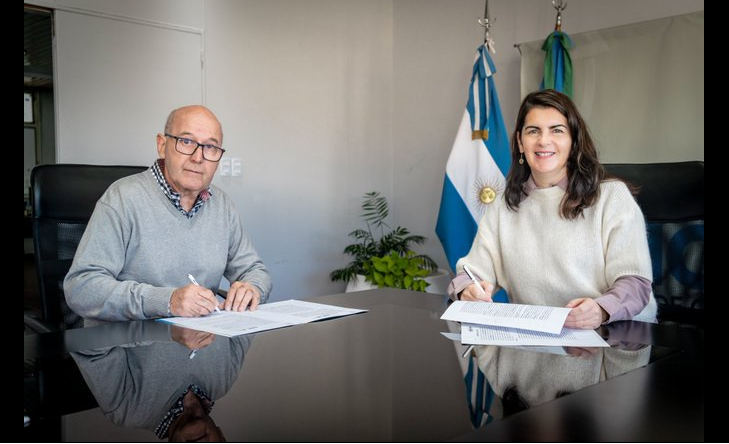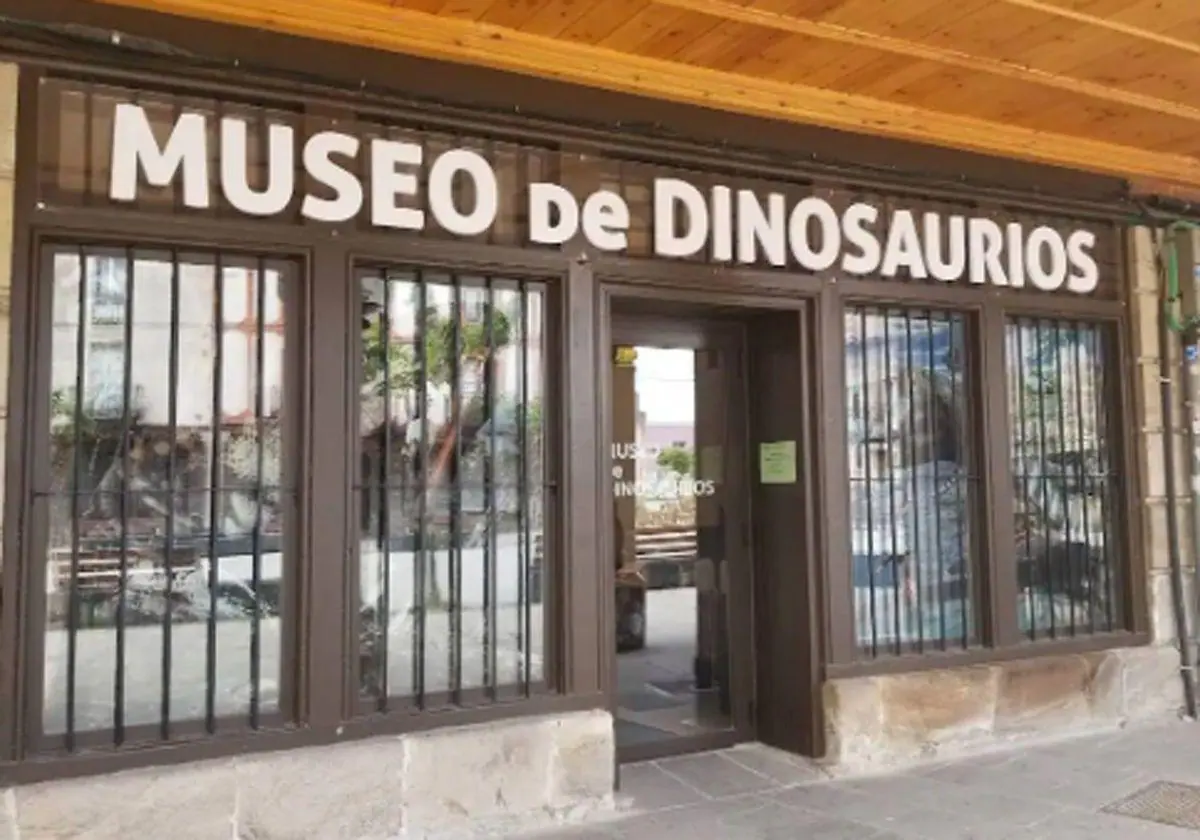First modification:
Detecting errors or fraud in scientific publications is paradoxically essential to preserve confidence in science, explains Elisabeth Bik, a Dutch microbiologist based in California. “Trust, but also verify” is the motto of this scientist who has become one of the benchmarks of the so-called scientific integrity. The microbiologist discovered the problem of plagiarism by chance when she verified a phrase of hers on the internet.
Interview with Microbiologist Elisabeth Bik by Julie CHARPENTRAT
Elisabeth Margaretha Harbers-Bik, born 1966, is a Dutch microbiologist specializing in the so-called scientific integrity. Bik is known for her work on detecting manipulation of images in scientific publications and for identifying more than 400 fake research articles published in China by a “paper mill”. She is the founder of Microbiome digestion, a blog with daily updates on microbiome research, and the Science Integrity Digest blog.
According to Elisabeth Bik, several articles published by the French professor Didier Raoult and his teams since 2001 present problems of methodology and of falsification or manipulation of data.
QUESTION: Why did you specialize in scientific integrity?
ANSWER: I discovered the plagiarism (problem) by chance, in 2013. I was checking a phrase of mine (on the internet) and I saw that others had used it.
It became a ball of yarn that I was pulling (…) I discovered a lot of articles that had been plagiarized, I denounced many of them and many were withdrawn.
I also discovered in a thesis that an image had been used in two different experiments, they had simply turned it over. Photos in scientific articles are generally data, they are not just illustrations, they actually show data.
I was doing this in parallel to my job, but in 2019 I decided to do it full time.
Before that, I didn’t realize that there were so many glaring problems in the articles. I also believe that with experience you can better see intentional errors or fraud.
Q: By pointing out problems publicly, don’t you run the risk of suggesting that all science is dishonest?
A: I don’t want people to think that all science is fraudulent, since it is not. I would say that 99% of scientists are very honest and work hard. We cannot, from a single article, extrapolate it to all scientific publications.
My work is very important because scientific articles are based on other articles, scientists read their colleagues’ articles and build their research from there.
Science is like a brick wall. We scientists put bricks on top of others, and if one brick is not stable, the people who build their research on it may not be doing so on stable ground. Science is a continuum and we have to make sure that all of its components are the best they can be.
Scientists have always trusted each other in their work. What I am saying is that perhaps you should not trust blindly. Trust, but also verify.
Q: Covid-19 put science at the forefront, for better or for worse?
A: Many scientists argue with each other and sometimes disagree with each other, which shows that science is a process. In publications or at conferences, the discussions can be very heated, but they are usually mainly about the details. It’s a normal process, that’s how science works.
But the combination of a pandemic, social media, and all the misinformation that is circulating leads many people to think that all science is fraudulent. Which, again, is not the case.
I also think that certain media, certain television broadcasts for example, are partly responsible when they organize debates between someone who denies the existence of the virus and a scientist, as if their words were the same, as if they were two political personalities with different ideas.
It is not fair, because there are perhaps a million scientists who support the latter and three people who believe what the other person says.
The media paid too much attention to these eccentrics who are content to scream at the top of their lungs that the virus does not exist.
(With AFP)





